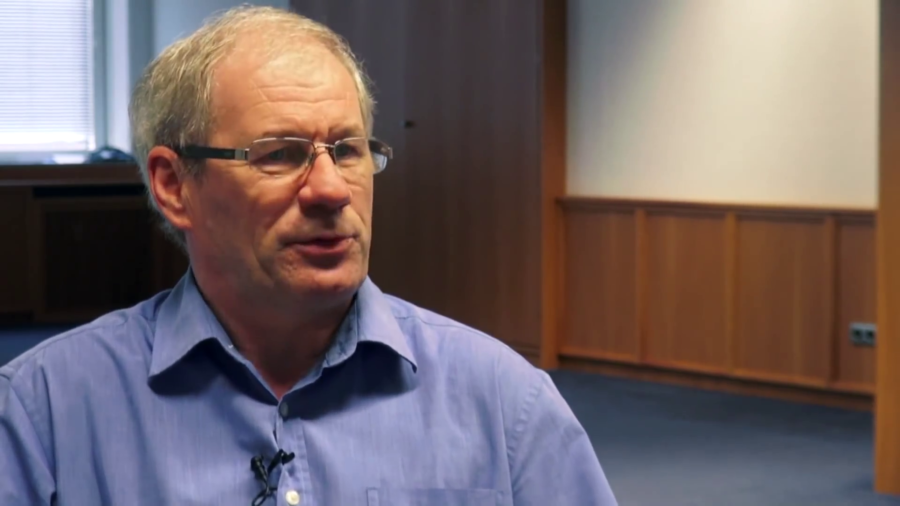There was really no real security built, other than things like passwords and maybe some encryption here or there. And the attitude that my boss had at National Science Foundation was, “That’s not our concern. This is for the academics. People want to build in all kinds of security, that’s somebody else’s problem.” I think that was a very valid point at that time, but that was 1990.
Archive (Page 4 of 14)

We tried to connect to the ARPANET. And that was the Ministry of Defense, and at that timeframe we were in let’s say a “cold war” with Russia. And we were not allowed to attest to that. So we silently set up from phone lines SLIP protocol, TCP over serial lines. And started to do Internet.
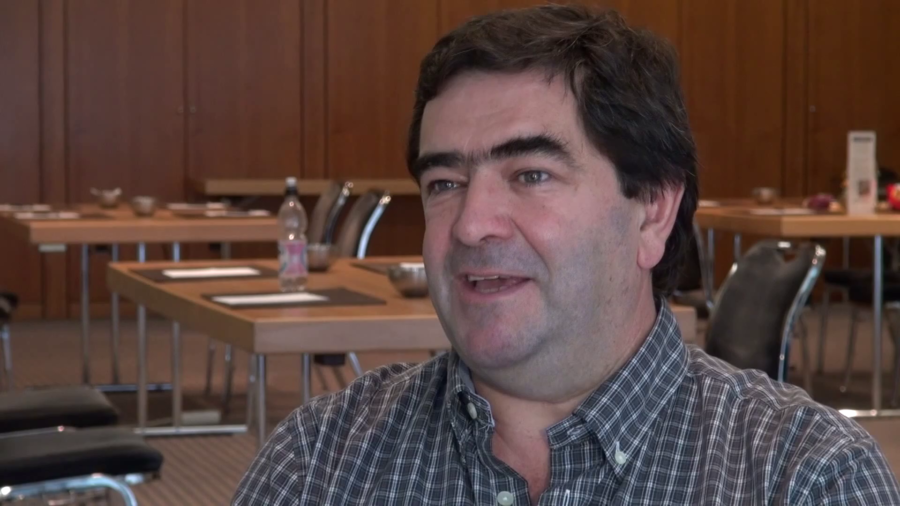
The Internet by itself is not valuable for anybody. The Internet is valuable if it impacts in the life of the people. So this is what we have to work on every day.

I think my role for the Internet was that I was lucky to be part of the people who spread the Internet through Southeast Asia. I brought the Internet to Thailand.
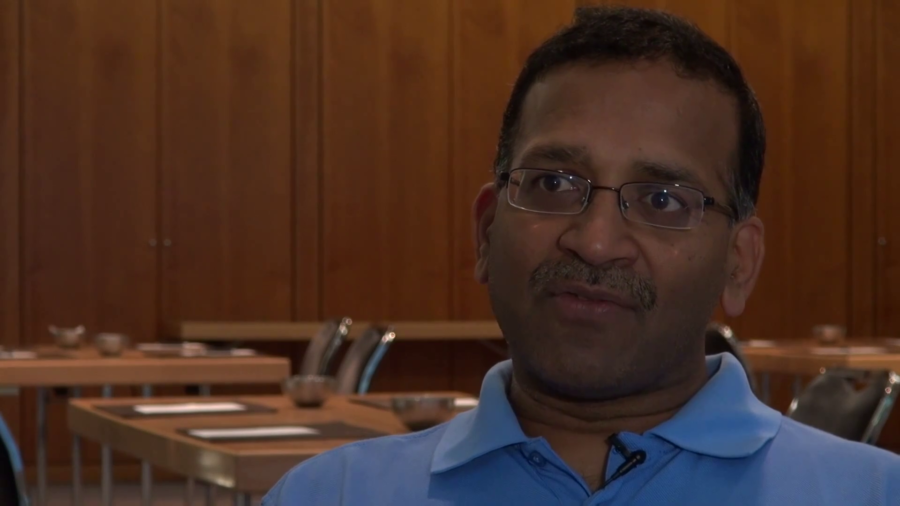
Keeping cohesion at the core of the Internet is an important thing. I’m not worried that that’s going to go away. But you have to continually pay attention to it. Because that function of converging, at the core is a critical one. When you do that well, what it allows is at the edges of the Internet it allows for things to happen. For innovation, for ideas to happen.
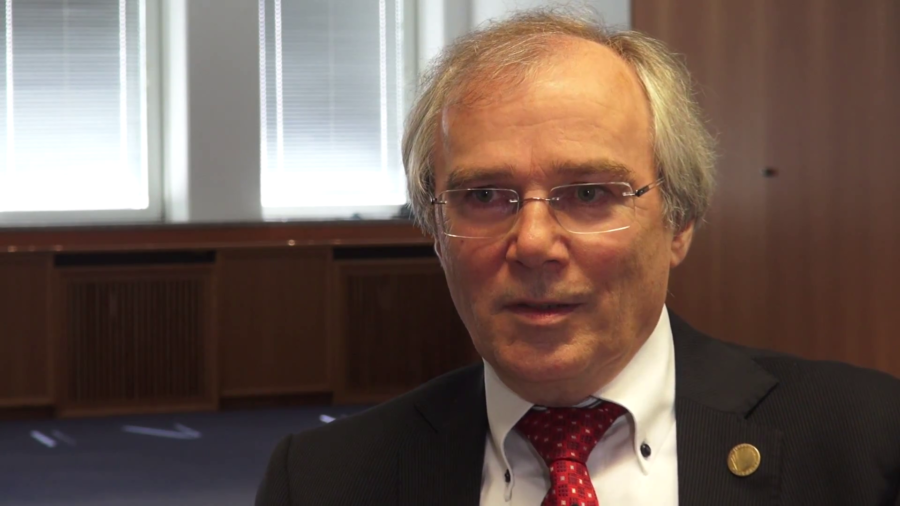
It’s obvious that the Internet is a tremendous success, and the world is not prepared to live without it anymore. At the same time, it has never been designed to provide the services it is assumed to do today.

We’ve designed systems not really well anticipating the kind of users that would really use them, thinking that they would—or maybe not even thinking—that they would be used in the same way that they were in the 1980s and 1990s.
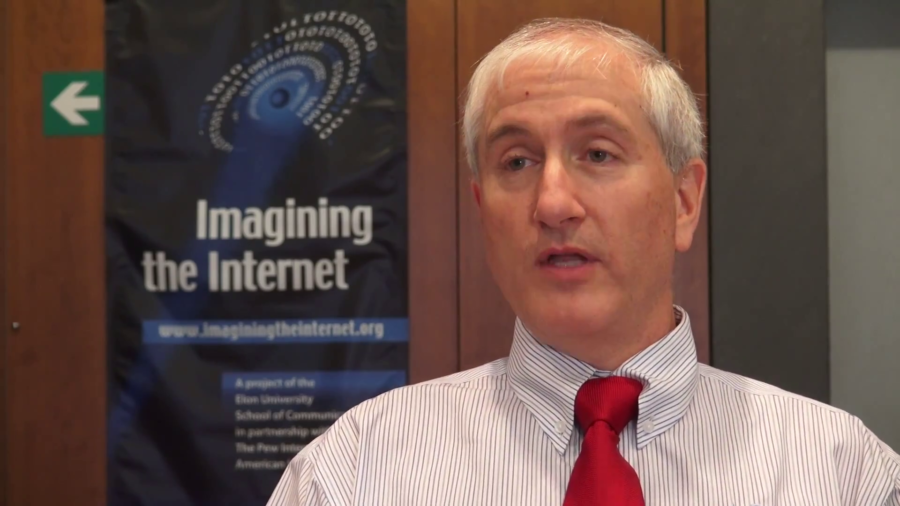
The greatest threat to the security and stability of our Internet today is distributed attacks, distributed denial of service attacks in particular. The Internet was built on a foundation of it works because everybody cooperates and we all agree. And that was a great environment when you pretty much could name everybody who was on the Internet, or you got to where you could name all the sites and you know, you could name all the organizations.
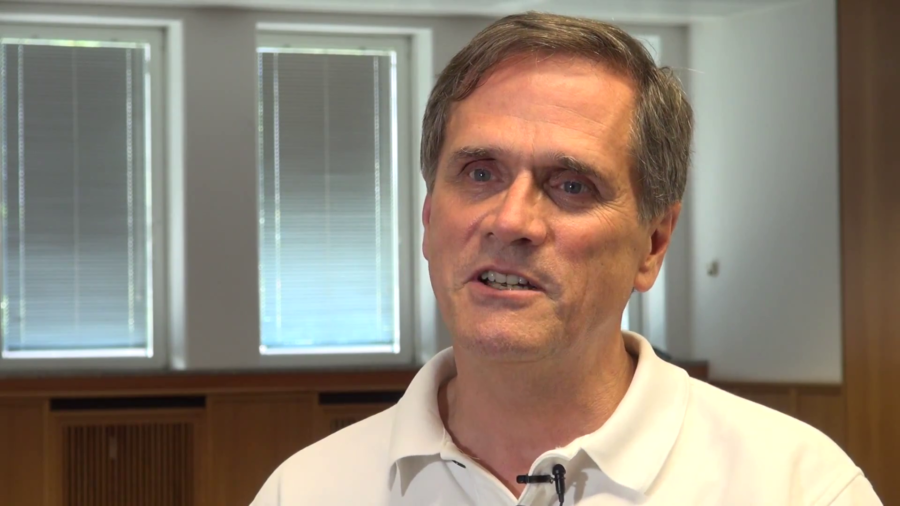
We’re at a time of huge expansion of the Internet outside of the kinds of Internet connections and devices that we’re familiar with. We’ve seen some of that over the past few years as we’ve moved from laptops, desktop computers, to smartphones and tablets and we’ve seen a big increase. Right now instead of a tablet and a laptop at home, you’ve got a tablet, two iPhones, and a desktop computer.


